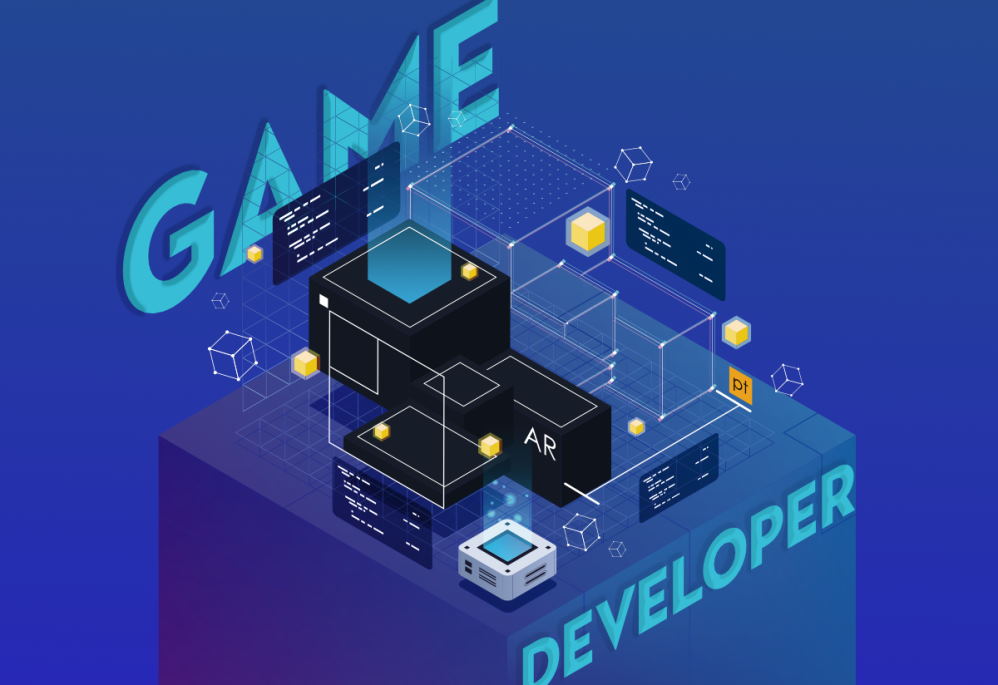The gaming industry is facing some big challenges right now. From the rise of mobile gaming to the growing popularity of streaming services, many changes are happening in the gaming world. And while these changes can be exciting, they also bring new challenges for the industry. This blog post will look at some of the biggest challenges facing the gaming industry today and how companies are dealing with them. So if you’re interested in staying up-to-date on the latest gaming news, read on!
How the gaming industry is facing increasing challenges
Undoubtedly, the gaming industry is one of the most innovative and exciting industries in the world. However, it’s also an industry that faces a number of challenges.
One of the biggest challenges facing the gaming industry is the increasing cost of development. With next-generation consoles on the horizon, developers are under pressure to create games that take advantage of the new hardware. Unfortunately, this means bigger budgets and more manpower, often leading to delays and cancelled projects.

Another challenge facing the gaming industry is piracy. As games become more and more expensive, there’s a greater incentive for people to pirate them. This problem is compounded by the fact that it’s becoming easier to pirate games, thanks to technological advances.
Finally, the gaming industry is also facing a challenge from within. The rise of independent game developers has led to a more fragmented market, which makes it harder for big publishers to dominate. Unfortunately, this fragmentation can often lead to lower-quality games, as developers struggle to stand out in a crowded marketplace.
Despite these challenges, the gaming industry continues to grow and thrive. With new technologies on the horizon and a passionate community of gamers, there’s no doubt that the future of gaming is bright.

What are the barriers to entry for the gaming industry?
There are several barriers to entry for the gaming industry. The first barrier is the cost of developing and marketing a game. It can cost millions of dollars to develop a high-quality video game and even more to market it effectively. This high cost limits the number of companies that can enter the market and be successful.
Another barrier to entry is the need for specialized knowledge and expertise. For example, developing a video game requires knowledge of programming, graphics design, and audio engineering, among other things. Unfortunately, few people have the skillset necessary to develop a video game, making it harder for new companies to get started in the industry.
Lastly, there is the issue of network effects. In the gaming industry, network effects refer to the idea that the value of a video game increases as more people play it. This is because players can interact with each other and enjoy the game more when more people are playing. As a result, established video game companies have an advantage over new entrants since they already have a large base of users.
Despite these barriers to entry, the gaming industry is still growing rapidly. New companies are entering the market and finding success by offering innovative games that appeal to a wide audience. So while it may be difficult to start a new gaming company, it is certainly possible to find success in this burgeoning industry.

